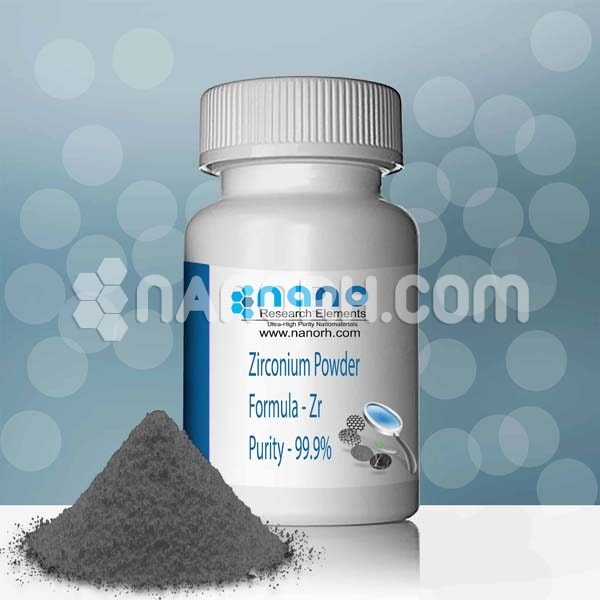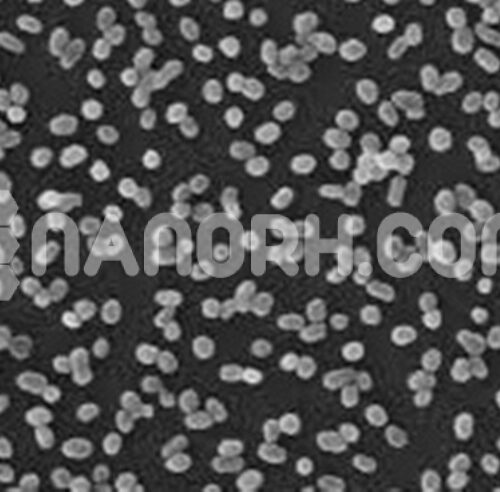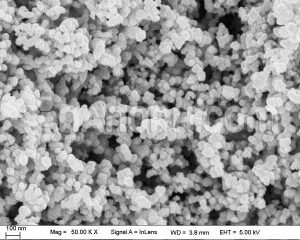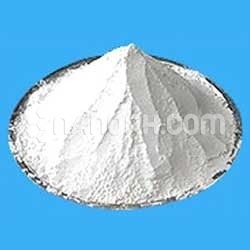| Zirconium Micropowder | |
| Product No | NRE-8058001 |
| CAS No. | 7440-67-7 |
| Formula | Zr |
| Molecular Weight | 91.22 g/mol |
| APS | <40 um(can be customized) |
| Purity | 99% |
| Density | 6.52 g/cm³ |
| Color | Silvery -White |
| Melting Point | 1852°C |
| Boiling Point | 4377 °C |
Zirconium Micropowder
Applications:-
Zirconium powder finds applications in a variety of fields owing to its unique properties. Some of the key applications of zirconium powder include:
Nuclear Industry: Zirconium powder is widely utilized in the nuclear industry due to its exceptional corrosion resistance. It is used in nuclear reactors as cladding for fuel rods to prevent corrosion and enhance their longevity. Zirconium-based alloys are employed in nuclear power plants to ensure the safe and efficient operation of reactors.
Ceramics and Refractory Materials: Zirconium powder is a crucial component in the production of high-quality ceramics and refractory materials. It is used to manufacture ceramic glazes, ceramic pigments, and various types of refractory materials that are highly resistant to heat and corrosion.
Aerospace Industry: Zirconium powder is utilized in the aerospace sector due to its high melting point and corrosion resistance. It is employed in the production of components for aircraft engines, gas turbines, and other high-temperature applications.
Chemical Processing: Zirconium powder is used in various chemical processing applications, primarily in the form of zirconium compounds and catalysts. These compounds are employed in the production of chemicals, pharmaceuticals, and various industrial processes where corrosion-resistant materials are essential.
Metallurgical Industry: Zirconium powder is used as an additive in the metallurgical industry to enhance the properties of various alloys. It improves the strength and corrosion resistance of metals, making them suitable for use in harsh environments.
Medical Applications: Zirconium powder is used in the medical field for various applications, including the production of dental implants and prosthetics. Its biocompatibility and corrosion resistance make it an ideal material for use in medical devices and implants.
Optical Industry: Zirconium powder is used in the optical industry to produce high-quality optical coatings and specialized glasses. It is used to manufacture lenses, mirrors, and other optical components that require exceptional durability and heat resistance.
Refrigeration Industry: Zirconium powder is utilized in the production of certain types of refrigeration equipment due to its ability to withstand high temperatures and resist corrosion, making it suitable for use in refrigeration systems that operate under demanding conditions.




